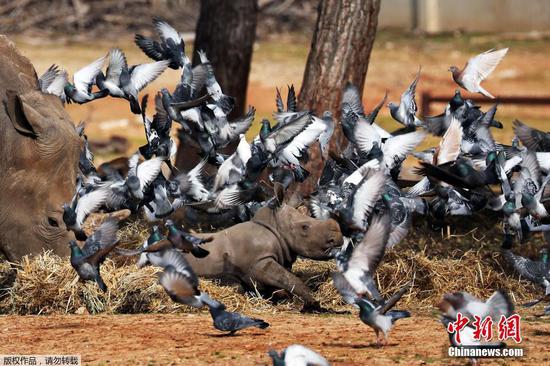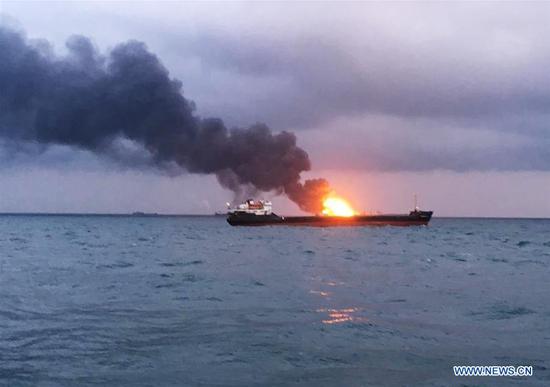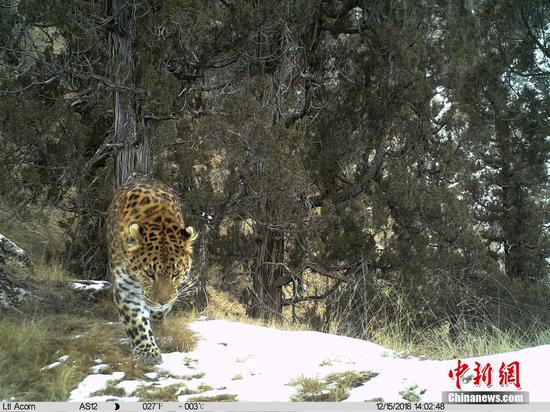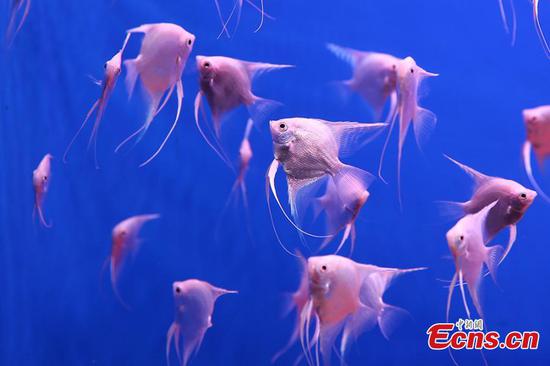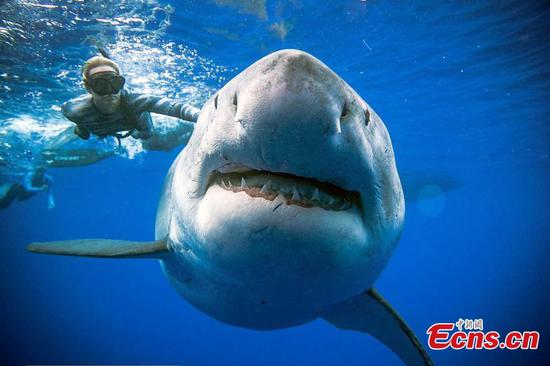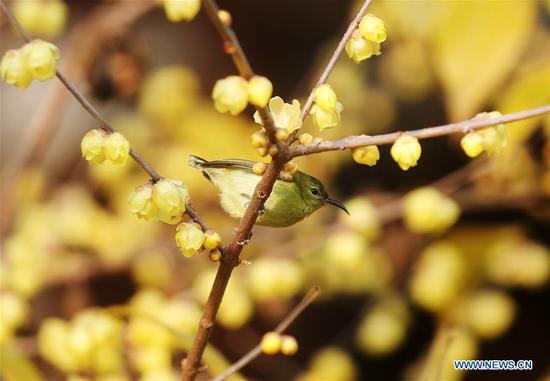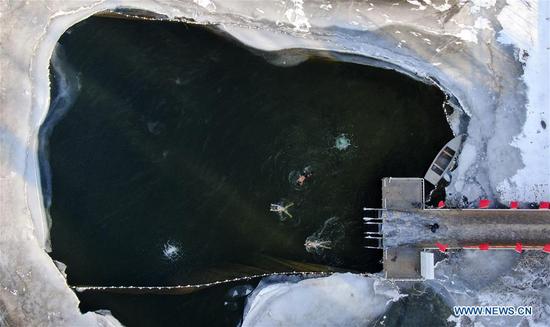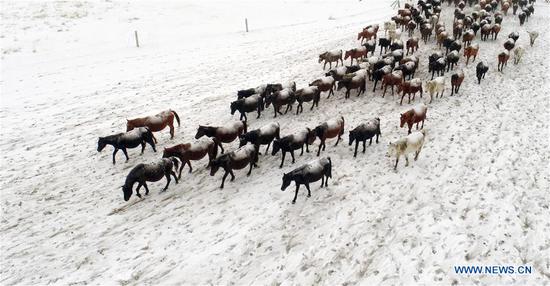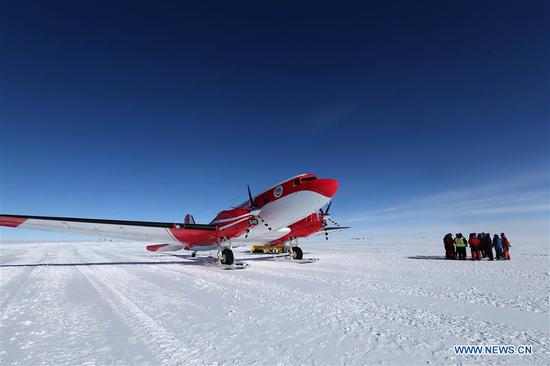An extensive study into the health of Australia's Great Barrier Reef is underway this month, with a 25-day data collecting journey canvassing bleach affected parts of the reef not observed since 2016.
The Australian Institute of Marine Science (AIMS) revealed details of the mission on Monday, with the organization's largest research vessel carrying a team of 18 specialists to survey the damage done by recent coral bleaching events, as well as collecting general data about marine life.
AIMS senior research scientist Dr Line Bay, who was on board for the first half of the trip, told Xinhua that coral reefs are particularly sensitive to the effects of global warming, making it vitally important to monitor them.
"We hadn't been to that part of the reef since before the bleaching so we went back to resurvey these reefs to look at the health and condition of both the coral communities, but also fish populations and sharks," Bay said.
Coral bleaching occurs when coral reefs are exposed to higher than usual water temperatures and prolonged periods of direct sunlight.
The Great Barrier Reef experienced two significant bleaching events in 2016 and 2017, the consequences of which were only just starting to be understood.
Bay's team made the most of the 34.9-meter modern research vessel, Solanda, using the boat's onboard wet lab to conduct heat stress tests on corals which had survived bleaching events.
While the study is still underway, Bay is tentatively optimistic about her findings so far, saying that not only did she see low numbers of a notorious species of starfish which damages the reef, but also seeing some resilience in the reef itself.
"What we could see is that there was variation among species, so not all coral species responded in the same way. We expected to find that," Bay said.
"However, we could also see that we're getting variation among individuals. And we take that as being a positive sign because if there's some individuals that do better than others then there's the potential for adaptation."
Coral reefs are widely recognized as being highly sensitive to anthropogenic warming, which considering the vital part they play in supporting life both above and below the water, Bay said is concerning for all.
"I think that there's no doubt that we need action on climate change, it's a problem we have to tackle on a global level," she said.
The voyage departed Cooktown, a town in northeastern Australia, on Jan. 4 and will conclude its journey on Jan. 29.












